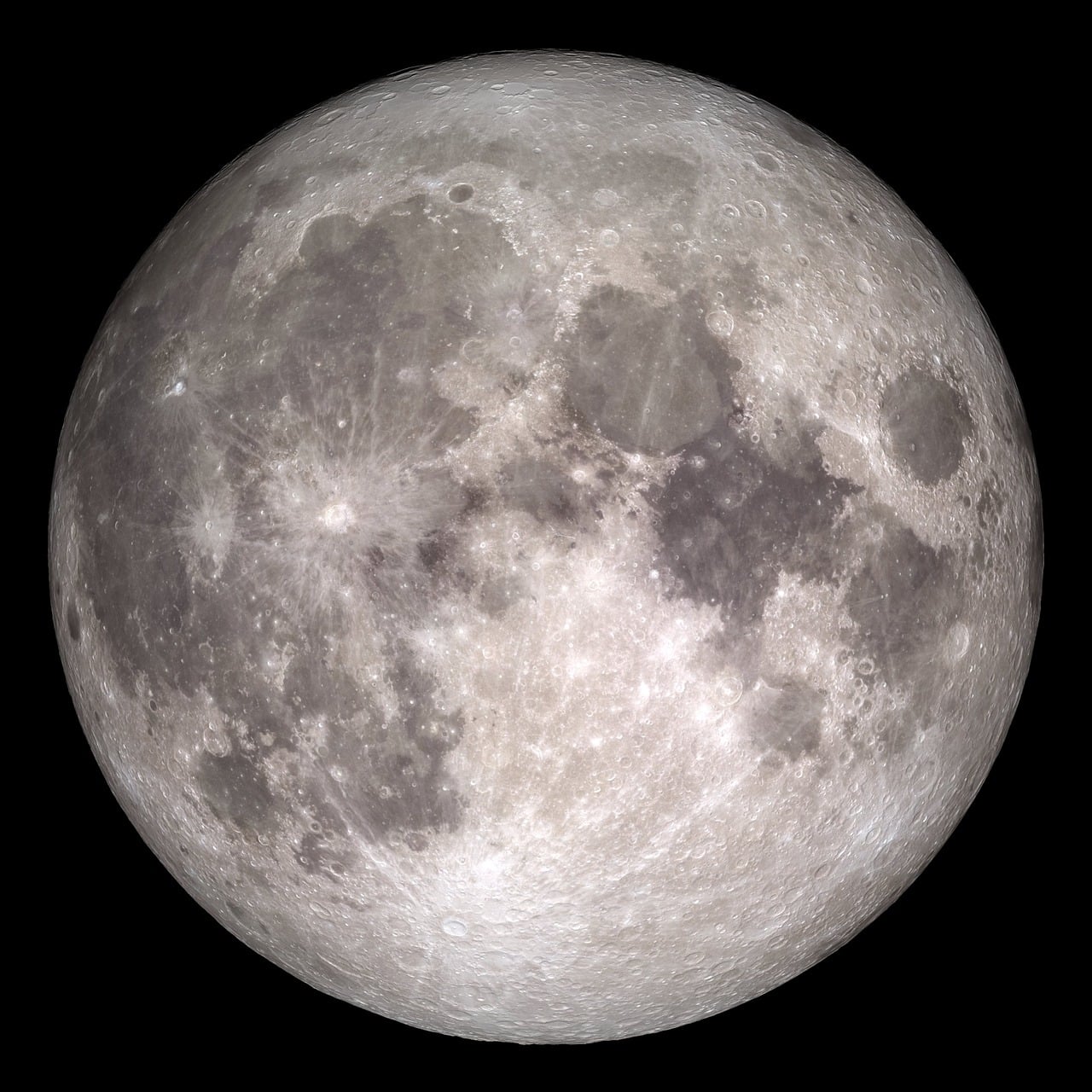Imagining life as we know it here on Earth transplanted to another planet or our moon is extremely hard, but scientists are trying to work toward the idea. As part of China’s lunar expedition, scientists were able to plant cotton seeds on the moon. However, the seed that sprouted on the moon froze during the lunar night, marking the end of the “biosphere” experiment.
The world was shocked to learn that Chinese scientists were able to plant cotton seeds on the far side of the moon using its Chang’e-4 lander. The mission marked the first time any organic matter has sprouted on Earth’s natural satellite. However, the bad news about the seed that sprouted on the moon hit like a storm.
Seedlings in space! First-ever cotton plant on the Moon growing in #ChangE4 mini biosphere https://t.co/L8YpXqoVIG pic.twitter.com/3NVoCBUn5M
— China Xinhua News (@XHNews) January 15, 2019
Xinhua Chinese state media reported that the Chang’e 4 probe, which kept the sprouted seeds in a special container with the artificial conditions necessary for plants to grow, entered sleep mode during the first lunar night since it landed on the moon on Jan. 2. An entire lunar day lasts 29.5 Earth days, but right now it’s nighttime on the moon. A lunar night lasts about 13.5 days. During that time, temperatures can change drastically.
During lunar night, the temperature drops to -292 degrees Fahrenheit. Because the moon has no atmosphere, it holds no heat to insulate its surface from the extreme temperatures of outer space. Since the spacecraft is in sleep mode, it can’t maintain the temperatures and special conditions necessary for the seed that sprouted on the moon. However, researchers working on the projects had expected this scenario to happen.
“Life in the canister would not survive the lunar night,” Chief Scientist Xie Gengxin of Chongqing University told Xinhua.
The cotton seed that sprouted on the moon was kept in a sealed container with other plants. Chinese scientists wanted to grow rapeseed, potato, Arabidopsis flowers, yeast and fruit-fly eggs. There were also other ingredients necessary for life, such as air, soil and water.
Based on the camera view of the canister, scientists could see the cotton seed that sprouted and began to grow. However, the other plants hadn’t started yet. Xie told the Chinese news outlet that the biosphere experiment has ended because of the low chances for the plants to survive the moon‘s extreme temperature.
To put concerns about contamination of the lunar environment to rest, the China National Space Administration confirmed that the organic material inside the container will gradually decompose, given the air-tight container’s conditions, so it shouldn’t do any harm to the outside environment.





